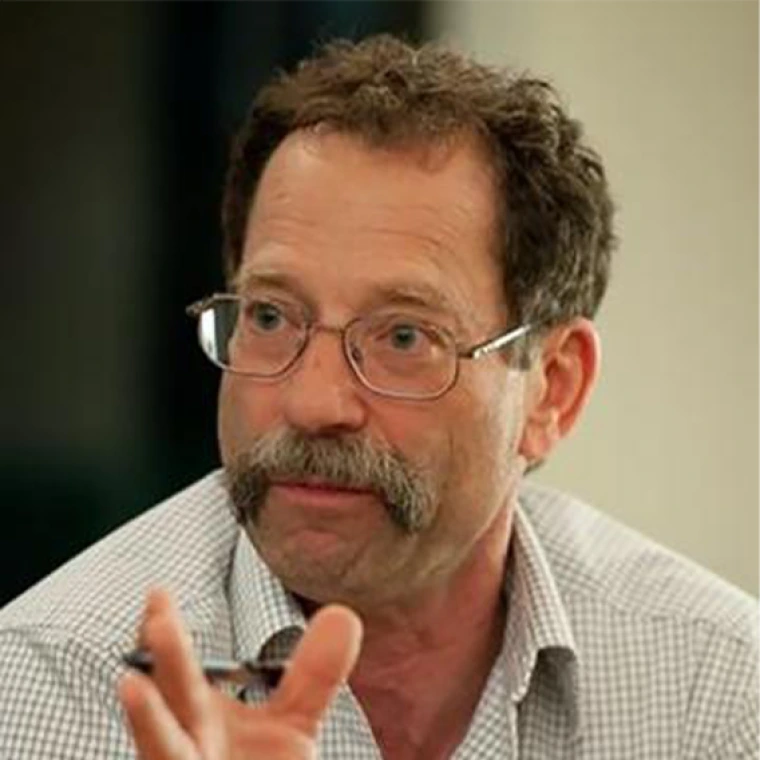Joel Beinin

San Francisco Area
After participating in the CASA Summer program in 1969, Benin continued his academic career trajectory with an A.B. from Princeton University, A.M. from Harvard University, and an A.M.L.S. and a Ph.D. from the University of Michigan in 1982. He taught at Stanford from 1983 to 2019, with a research and writing focus on the social and cultural history and the political economy of modern Egypt, Palestine, and Israel, and the Palestinian-Israeli conflict. Amidst his years of teaching and advising, Benin also wrote or edited twelve books and numerous articles in leading scholarly and popular journals including South Atlantic Quarterly, Socialist Register, Carnegie Papers, The Nation, Le Monde Diplomatique, Middle East Report, Jacobin, and The Los Angeles Review of Books. In addition, he has given countless talks and interviews on Al-Jazeera TV, BBC radio, National Public Radio, and many more. In 2002 he served as president of the Middle East Studies Association of North America. In 2006, he took a two-year hiatus to be the Director of Middle East Studies and Professor of History at the American University in Cairo. He lived in Egypt in 1969, 1980-81, 1985, 1986, 1994, 2004-05, and 2006-08 and in Israel in 1965-66, 1970-73, 1987, 1988, and 1993.
Clearly, you went the academic route after your CASA experience. Did you already know this is what you wanted to do when you attended CASA?
I did not expect to pursue a career in academia. I was intending to immigrate to Israel and live in a kibbutz. In fact, I did. My experiences in Israel convinced me to pursue an academic career, and I began my post-graduate studies at the Hebrew University of Jerusalem.
Do you have any recent academic or professional successes that you would like to share with fellow CASA alumni?
- Mentoring Award, Middle East Studies Association of North America, 2018
- Most recent book: A Critical Political Economy of the Middle East and North Africa (Stanford University Press, 2020)
- Previous Work: Workers and Thieves: Labor Movements and Popular Uprisings in Tunisia and Egypt (Stanford University Press, 2015)
Looking back on your career, what are you most proud of?
I am most proud of the 18 Ph.D. students for whom I served as the principal advisor, along with about a dozen others who I also mentored at Stanford and other institutions. I do not expect their teaching and research to continue my own work in any direct way. But I am very pleased to have contributed to their finding their own paths. Beyond my students, I am also proud to have been among the group of North American scholars (several of them also CASA alumni) who made a critical study of Israel/Palestine an accepted academic pursuit.
Do you have a favorite memory from CASA?
During the 1969 summer CASA session, we had a one-week break. Some people went to upper Egypt. I went with another group to Beirut, where we saw Fairuz perform at the Ba’albek festival. In the morning of the same day, we saw Neil Armstrong and Buzz Aldrin land on the moon on Lebanese TV.
What would you say to potential funders of future CASAwiyyi fellowships?
CASA is simply the best program by far for English speakers to learn Arabic. Arabic fluency remains an under-supported skill critical to US diplomacy and international relations and scholarly research in several fields.

